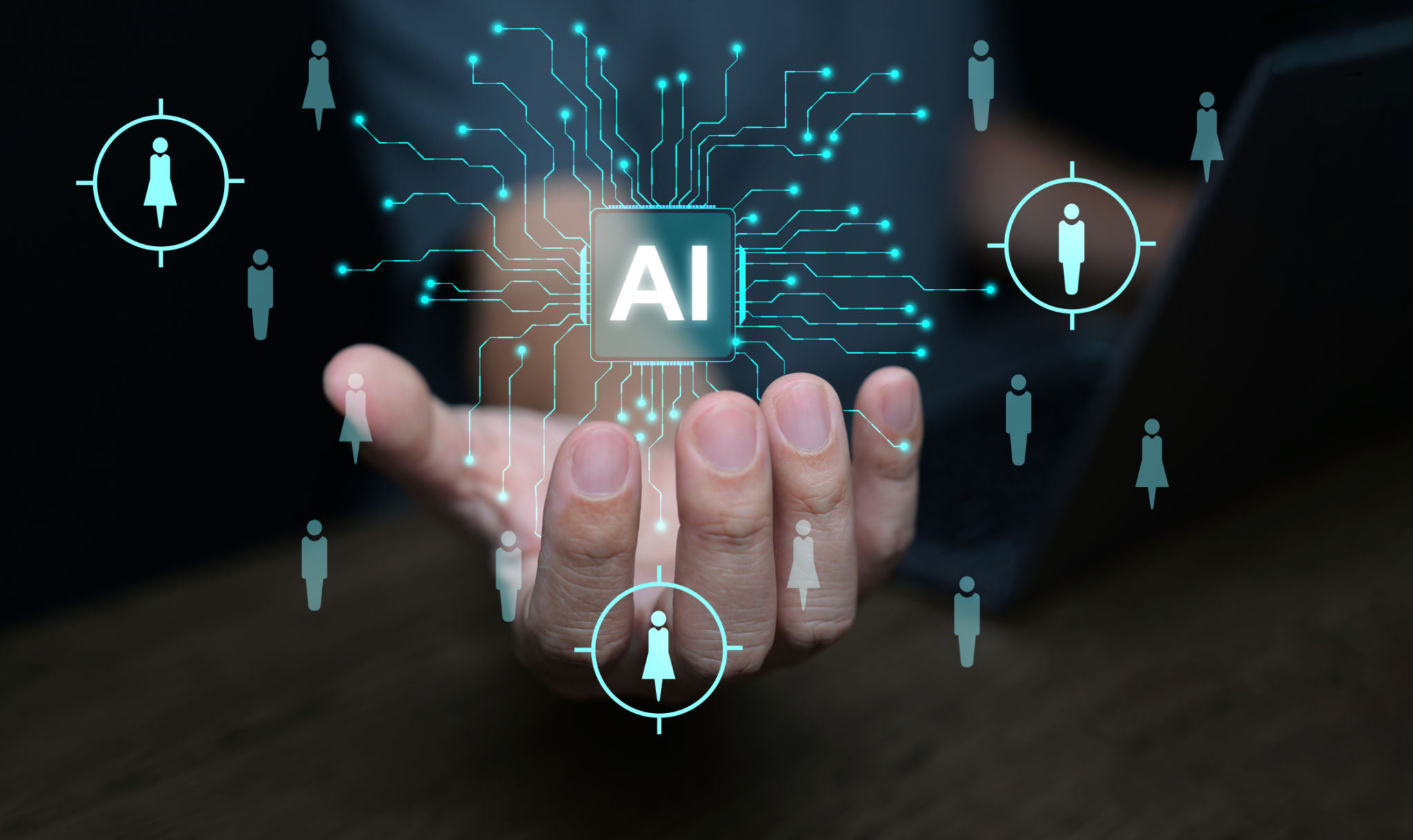Case Study: Successful AI Integration in Staffing
Introduction to AI in Staffing
Artificial Intelligence (AI) has become a transformative force in various industries, and the staffing sector is no exception. By leveraging AI technology, companies have found innovative ways to streamline their hiring processes, improve candidate engagement, and enhance decision-making. This case study explores a successful integration of AI in staffing, highlighting the benefits and outcomes achieved by one forward-thinking agency.

The Need for AI in Staffing
The staffing industry often deals with high volumes of resumes and applications. Traditional methods of sifting through these applications can be time-consuming and prone to human error. The need for a more efficient solution led agencies to explore AI-driven recruitment tools that could revolutionize how they manage talent acquisition.
Implementation Strategy
The staffing agency in this case study adopted a multi-phase approach to integrate AI into their operations. They began by identifying key areas where AI could make a significant impact. These included resume screening, candidate matching, and communication automation. By implementing an AI-powered applicant tracking system, the agency was able to automate repetitive tasks and focus more on strategic activities.

Benefits of AI Integration
The integration of AI technology brought several benefits to the staffing agency:
- Increased Efficiency: AI tools reduced the time spent on resume screening by automating the initial evaluation process.
- Enhanced Candidate Experience: Automated communication ensured timely responses, improving the overall candidate journey.
- Better Talent Matching: AI algorithms provided more accurate candidate-job matches, leading to higher placement success rates.
Overcoming Challenges
Despite the clear advantages, the integration process was not without its challenges. The agency faced initial resistance from staff who were accustomed to traditional methods. To address these concerns, they conducted training sessions to familiarize their team with the new technology and demonstrate its value.

Results Achieved
The results of the AI integration were impressive. The agency reported a 30% reduction in time-to-hire and a 25% increase in successful placements. Additionally, the staff was able to dedicate more time to building relationships with clients and candidates, further enhancing the agency's reputation in the industry.
Future Outlook
As AI technology continues to evolve, the potential for further enhancements in staffing processes is vast. The agency plans to explore additional AI capabilities such as predictive analytics for workforce planning and sentiment analysis for better understanding candidate engagement.
In conclusion, the successful integration of AI in staffing has showcased how technology can be leveraged to improve efficiency, enhance decision-making, and provide a competitive edge in the recruitment industry. With ongoing advancements, AI is set to play an even more significant role in shaping the future of staffing.